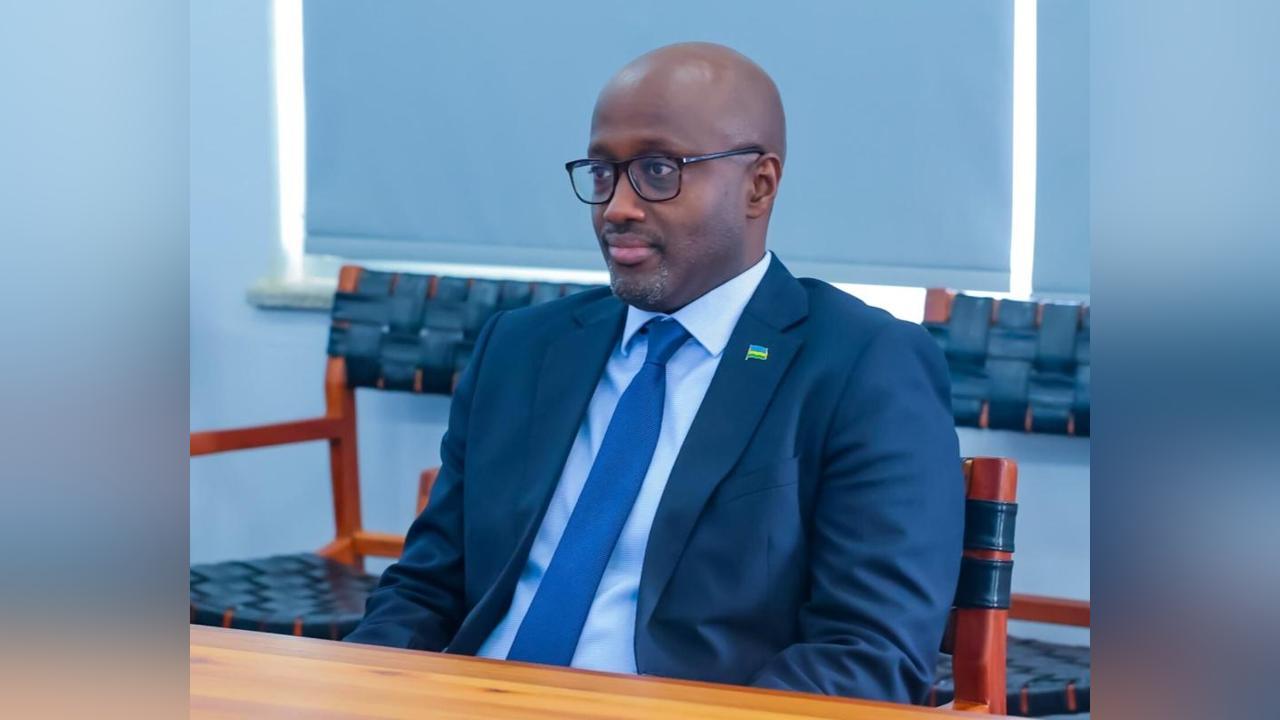Africa-Press – Rwanda. Foreign affairs Minister Olivier Nduhungirehe has commended the efforts of the Rwandan and DR Congo delegations working on the Regional Economic Integration Framework (REIF), but explained why the two sides failed to sign the agreement at the last minute despite earlier expectations.
The REIF is a component of the US-mediated process aimed at restoring good relations and strengthening cooperation between the two neighbouring countries. The economic framework was expected to be signed this week.
In a recent statement, the US Department of State highlighted several economic sectors in which Rwanda and DR Congo had expressed their intent to collaborate, as part of the June 27 US-brokered peace deal between the two nations.
According to the statement, both countries “are intending” to pursue “mutually beneficial partnerships, greater connectivity with international and regional economic development initiatives, and investment opportunities.” The proposed areas of cooperation include mining, infrastructure, energy, industrial development, agribusiness, public health, and national park management.
Explaining why the agreement was not signed, Minister Nduhungirehe revealed that the signing was called off at the last minute by Congolese President Félix Tshisekedi.
The reality is that the DRC and Rwandan delegations did a good job this week and reached, under the US mediation, an agreement on the Regional Economic Integration Framework (REIF). They were ready to initial the document the following morning, but President Tshisekedi… https://t.co/ILnAvpxP1D
— Olivier J.P. Nduhungirehe (@onduhungirehe) October 4, 2025
“The reality is that the DRC and Rwandan delegations did a good job this week and reached, under the US mediation, an agreement on the Regional Economic Integration Framework (REIF). They were ready to initial the document the following morning, but President Tshisekedi instructed, at the last minute, his delegation NOT to sign, fearing the negative reaction of his internal public opinion,” he shared via X.
Nduhungirehe added that the latest development reflected a pattern of inconsistency by DR Congo’s leadership since peace efforts began three years ago.
“Unfortunately, since the start of the peace processes, we have become accustomed to these regular mood swings by President Tshisekedi on critical matters related to peace and security in our region,” he said, recalling earlier incidents that undermined bilateral commitments.
He cited, for instance, the events of September 14, 2024, in Luanda, Angola, when DR Congo’s military delegation had approved the harmonised plan for FDLR neutralisation and the lifting of Rwanda’s defensive measures, and only for President Tshisekedi to abruptly halt the signing.
“He called his foreign minister in the middle of the meeting and instructed her not to sign,” Nduhungirehe recalled.
Addressing Reuters’ claim that the deal collapsed over Rwanda’s alleged failure to withdraw 90 per cent of its troops from eastern DR Congo, Nduhungirehe dismissed the assertion as “a ridiculous pretext for media consumption.”
He further emphasized that the Regional Economic Integration Framework (REIF) is strictly an economic agreement, separate from ongoing security discussions.
“Negotiations on the REIF are purely economic and do not consider security matters, which are handled by the Joint Security Coordination Mechanism,” the Minister said. “During the September 17–18 JSCM meeting in Washington, which discussed the implementation of the CONOPS, the U.S. State Department’s statement made no mention of such a precondition.”
For More News And Analysis About Rwanda Follow Africa-Press






